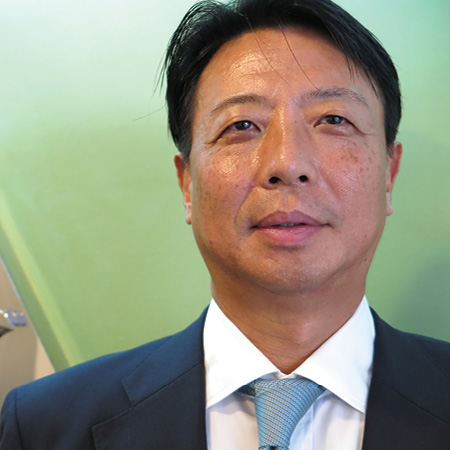Atlas Fertilizer Corporation has a long history of almost 60 years in the Philippines. It is the only company of its kind to have coverage of the entire country, working with the local farming communities to help them improve their crops and increase yields.
A subsidiary of Sojitz Corporation, Atlas is able to leverage off of its mother company’s expertise and technology to deliver the most value to its customers. It only produces pure chemical mixtures for its fertilisers and this gives it a unique point of difference in the marketplace.
Takashi Sumi has been overseeing Atlas’s operations as CEO since 2012. He says that despite the Philippines being a challenging environment to work in, it is a rewarding one.
“Our mission statement is to continuously contribute to agriculture in the Philippines,” he explains. “Our goal is to do this through our quality farm practices. The Philippines is not the richest country, it is still developing. More than 40% of the poverty ratio in the country belongs to rural poverty but 90% of the rural poverty is really in the agriculture and fisheries sectors. And nearly half of the working population is doing something related to agriculture. What we have to think about is how we can help these poor farmers to increase their crop yields so they can provide a more comfortable life for their families. We can do that by helping them with proper fertilisation and agriculture technology.”
When Takashi was first appointed to the role several years ago he had several key areas to address which he believed would take the business to new heights. The first was to implement a clear vision and to get the whole team on board with a new mindset. He improved efficiencies and reduced inventory, launched a new marketing and branding strategy, and changed the cost structure to improve the financial statements. In addition to all of this he made innovation an important part of Atlas’s ethos.
“There were so many things that I had to work on that were very important to the business,” he says. “I had to change the organisation, change the rules, and I asked all of our employees to understand. That was very hard and proper communication was very important during that process. “This was then complemented by a strong distribution system and robust relationships with suppliers and other corporate alliances. We had to be honest and sincere with them, and we had to make them understand our company’s policy, while also making them sympathise with our mission and vision,” Takashi notes.

